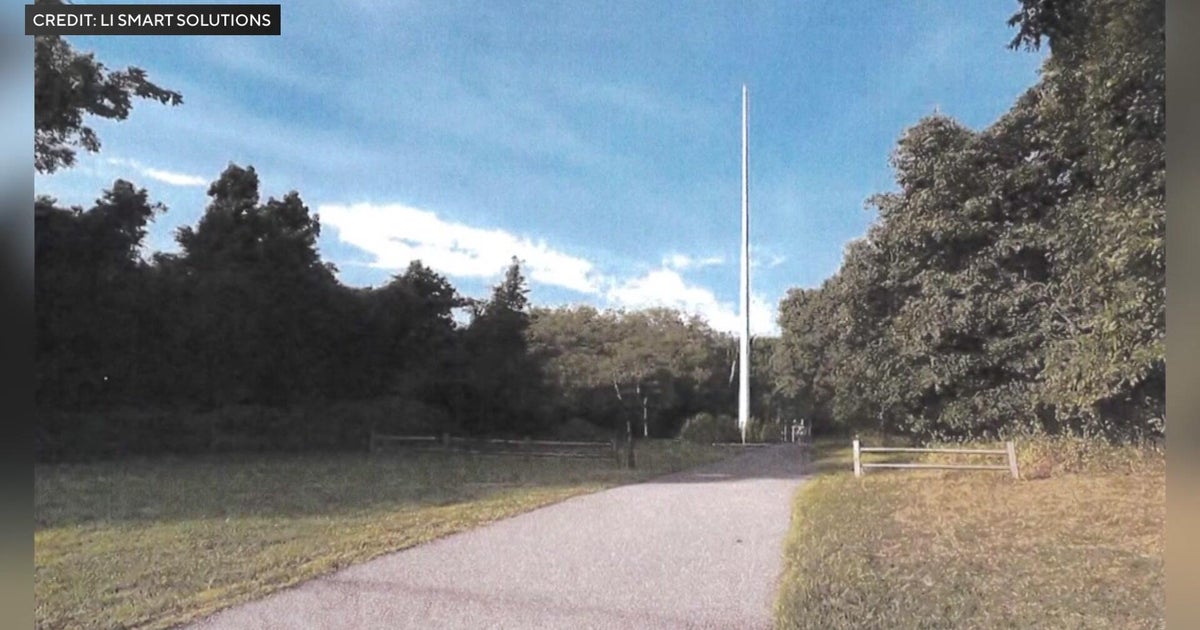Citizens To Consider $300 Million Loan Program
TALLAHASSEE (CBSMiami/NSF) -- Citizens Property Insurance Corp would offer $300 million in loans to encourage private companies to take policies out of the state-backed insurer under a plan unveiled Thursday that backers say could reduce Citizens' non-coastal ranks by a third.
The Citizens Board of Governors is scheduled to meet Friday to consider the plan aimed at reducing the ranks of state's largest property insurer, which now covers more than 1.4 million policies in some of the riskiest areas of the state.
The proposed loan program could result in up to 350,000 policies being taken out of Citizens within two years, Citizens President and CEO Barry Gilway said Thursday. The number represents more than a third of the 982,314 policies in Citizen's personal residential account, or PLA, the fastest growing segment of its business.
"The payback is substantial," Gilway told members of Citizens Depopulation Committee, which unanimously approved the proposal. "It has my wholesale support."
The plan would allow a qualified private insurer to borrow up to $50 million in exchange for taking Citizens policies for at least 10 years. The loans, referred to as surplus notes, would carry a low interest rate and be repaid to Citizens over 20 years. The loans are meant as an incentive for the companies, which would be taking on more risk.
The program is an attempt to solve a fundamental problem as state officials try to entice private insurers back into the Florida market.
Because the state-run pool charges premiums that are lower than a private company would offer, a gap exists between what a private insurer would have to charge to provide the policy and make a profit.
The loan program is also an attempt to close that premium gap.
The amount of loan would be contingent on the number of policies taken out and the relative risk, with riskier policies qualifying for higher payments from the state. The loan amount would be tied to Florida Hurricane Catastrophe Fund premiums, which reflect a property's risk.
The proposal calls for premiums on the privatized policies to increase by no more than 10 percent a year.
"If the goal of this program is to get the most number of policies out as quickly as possible, I would recommend this program," said Citizens Chief Financial Officer Sharon Binnun.
Companies would have to meet financial thresholds and other considerations to qualify for the program and would be required to take out at least $5.5 billion worth of insured value, between 25,000 and 30,000 policies.
Citizens officials estimate that at least 20 companies would qualify.
Robin Westcott, the Florida insurance consumer advocate, said the board needs to move cautiously and not penalize existing companies that have already stepped forward to assist. She also called for consumer safeguards to prevent private companies from taking advantage of the tax savings and pushing customers back into the state-run pool.
The program would reduce the potential emergency assessment charged to policyholders by $1.2 billion in the event of a one-in-100 year storm.
"We're faced with an unprecedented opportunity," Gilway said."Delaying it would be an absolute mistake."
The committee vote came hours after the Office of Insurance Regulation announced that four companies have agreed to take out 150,000 policies from Citizens beginning in November without the need for financial assistance. Binnun urged that those companies not be excluded from the loan program.
Rep. Frank Artiles, R-Miami, criticized the proposal, saying it has yet to be properly vetted. He urged committee members to postpone any action for a couple of months to provide more time to look into the proposal and other options to depopulate Citizens.
In addition, Artiles said Citizens is overstepping its bounds by becoming a financier, which is more appropriately a legislative function.
"The News Service of Florida contributed to this report."







